Blog
These animals have some of the biggest eyes in the world
Read moreCommunity engagement: terms & definitions
Community engagement is one of IFAW’s key programme areas. Here are some of the terms we commonly use when discussing our community engagement work.
In the context of conservation, coexistence refers to a dynamic state in which people and wildlife exist in proximity while meeting the interests and needs of both species. Human-wildlife conflict is a barrier to coexistence. We must take a holistic approach to reduce the incidents of HWCs through interventions that reduce direct pressures leading to conflict situations, improve institutional capacities of stakeholders to manage HWC, reduce the negative impacts of HWC and enhance collection, dissemination and sharing of HWC science data. Human wildlife coexistence is achievable through context-appropriate and well-informed collaborations of actors arriving at a way forward that is acceptable to those most directly involved.
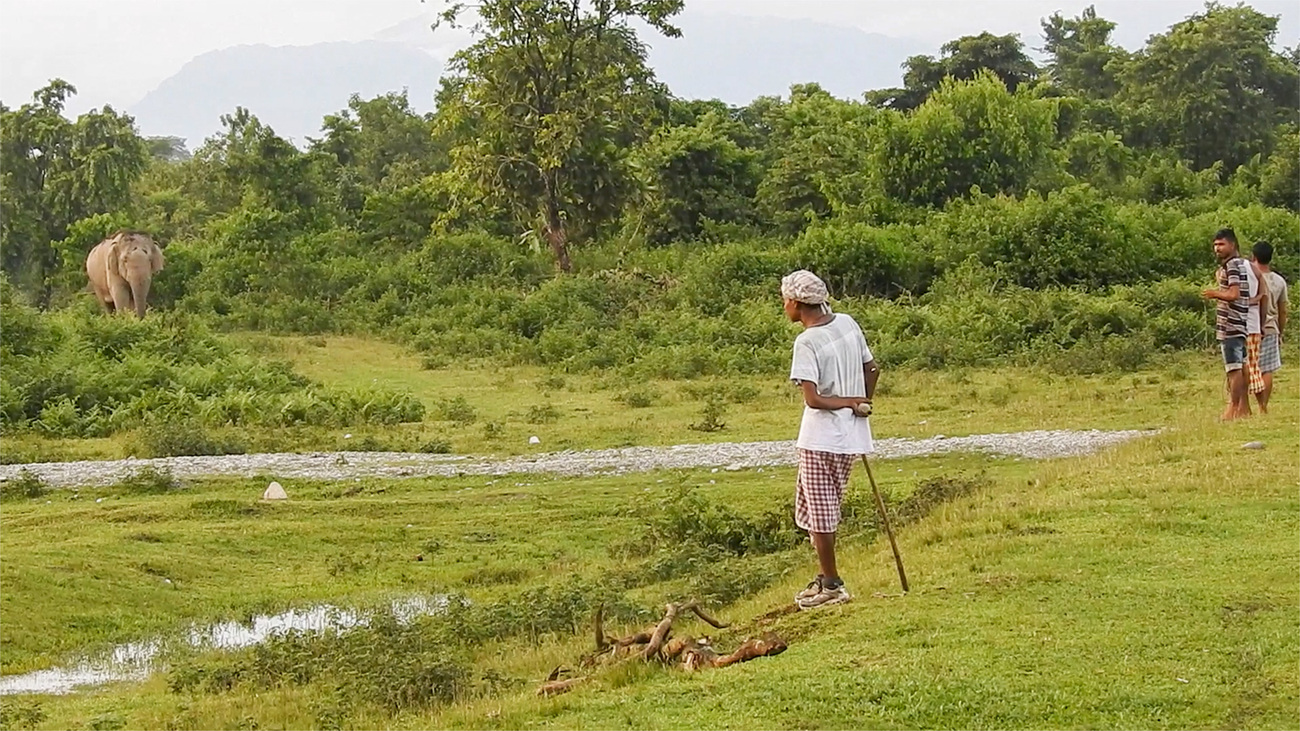
Communal lands are typically rural territories that are characterised by communal rights of access and individual use of resources, accompanied by group control in which members share reciprocal rights and duties. Communal lands are often occupied by smallholder farmers who rely on mixed subsistence crop and livestock farming and/or small-scale commercial farming.
In conservation, community engagement (CE) is the process of working with groups of people who live alongside wild animals to collaboratively address socio-economic and environmental issues to enhance coexistence. Community engagement promotes participatory approaches, inclusivity, transparency, and people-centred decision making. Further, CE embraces and upholds traditional knowledge, innovations, and practices of local communities that are relevant for the conservation and sustainable customary use of biodiversity.
IFAW engages those living closest to the animals and habitats we strive to protect to create positive, sustainable change through:
We work respectfully, collaboratively, and inclusively with communities to find lasting solutions that work for wildlife, people, and domesticated animals.
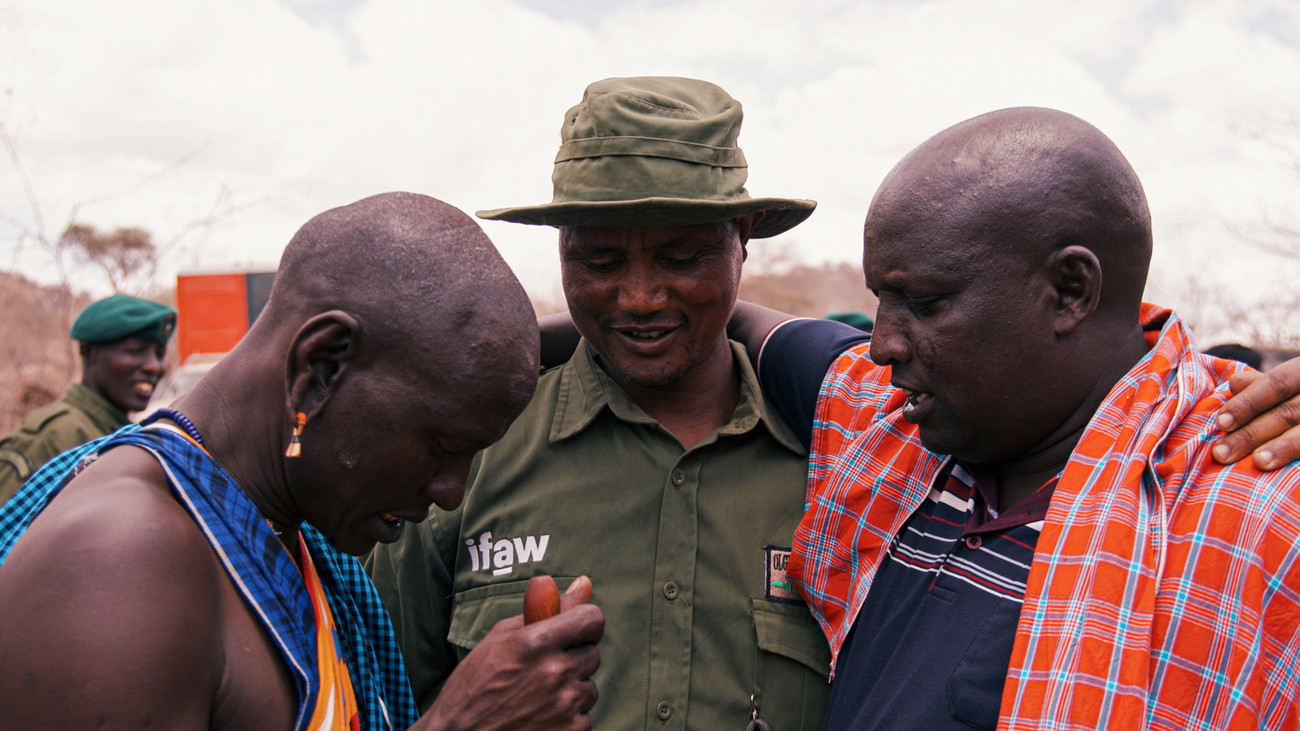
A constituency for conservation is a population of people who support conservation initiatives and will vote for policy that protects nature and wildlife. IFAW aims to build a constituency for conservation through educational campaigns and community engagement.
Critical landscapes are areas that enable wildlife’s movement to access resources, ensure gene flow, shift their ranges, and establish new territories. They support and maintain the ecological processes and enhance connectivity—the degree to which the landscape facilitates or impedes movement. Despite being home to diverse wildlife species, including those that are endangered and threatened, anthropogenic and climate change induced impacts continue to threaten critical landscapes.
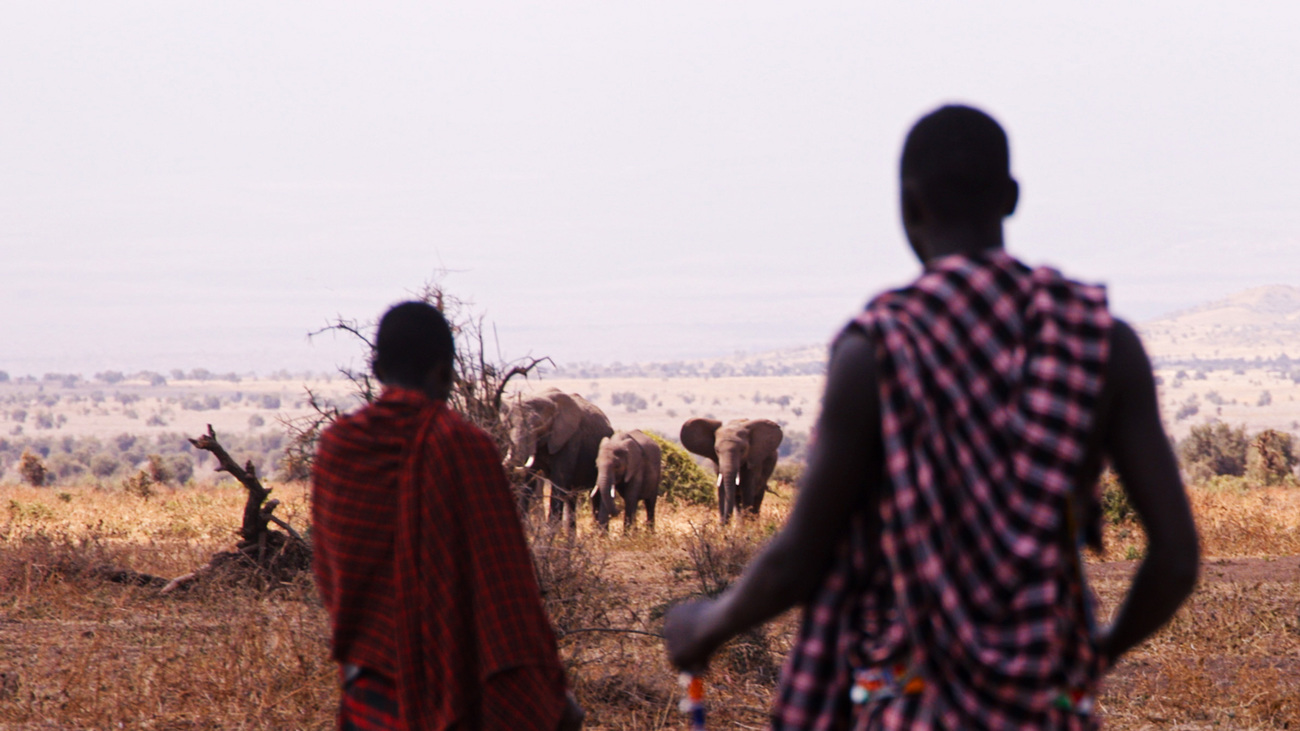
Human-wildlife conflicts are interactions between humans and wildlife with negative outcomes. People and wildlife share half of terrestrial surfaces, and as space increasingly overlaps, so does competition for limited resources, resulting in conflict.
The impacts of human-wildlife conflict are felt not just by communities that suffer from crop/livestock loss, loss of human life, or loss of biodiversity, but by the global community, which indirectly experiences its effects via the global supply chain and production of goods. Compounded by climate change, human-wildlife conflict has strongly emerged as a development and humanitarian concern, impacting most of the UN Sustainable Development Goals (SDGs), making it a global significant threat to conservation and sustainable livelihoods.
Inclusive participation describes the process that empowers stakeholder groups including communities to participate in, benefit from, and own animal welfare and conservation initiatives that affect them.
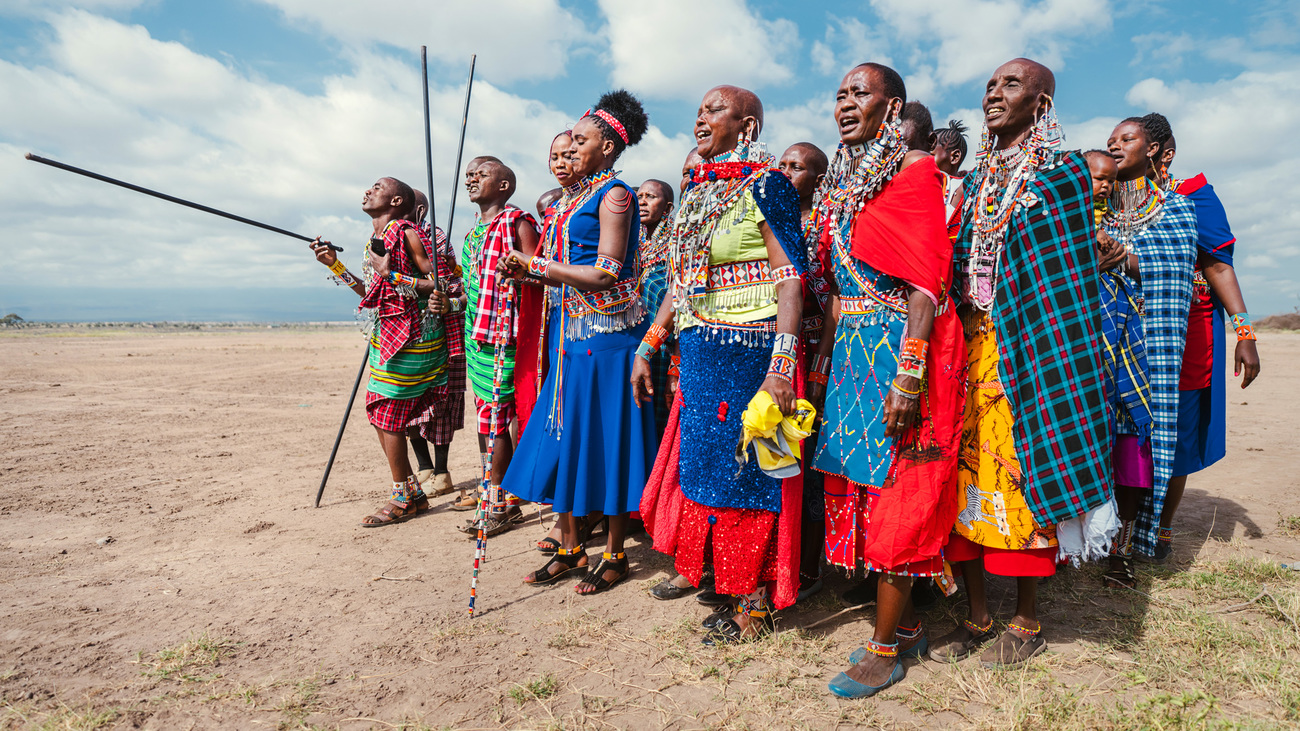
Indigenous Peoples are the descendants of the earliest known inhabitants of their land, generally land which has been colonised or is now occupied by a number of peoples from various backgrounds. Historically, Indigenous Peoples have endured oppression from colonial rulers.
IFAW works to bring Indigenous Peoples and traditional leaders into conservation projects through community engagement. Their knowledge of the land and wildlife is valuable to protecting it.
Natural capital includes all of the natural resources in an area that may give economic value or provide services to people.
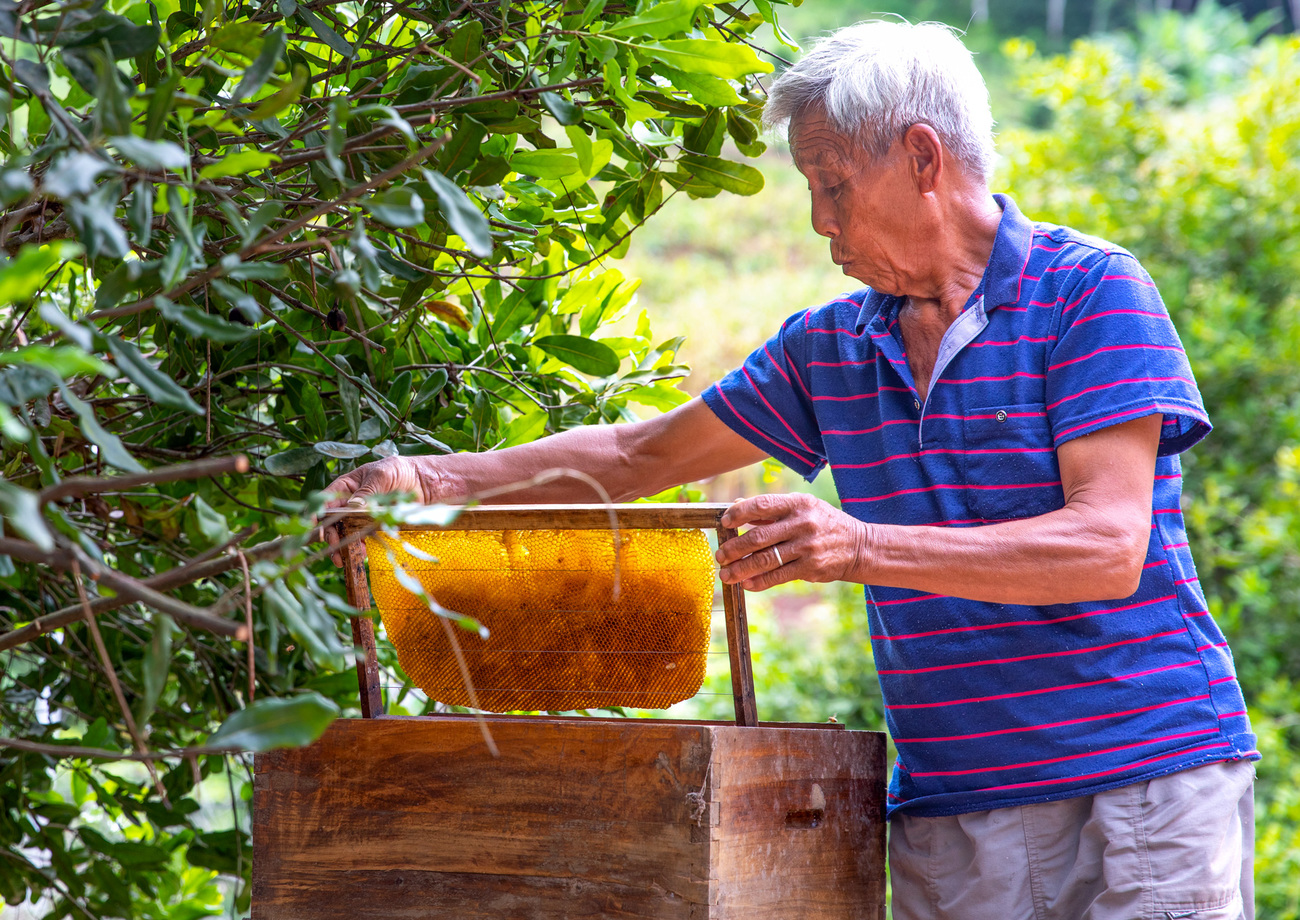
Poaching is the illegal hunting, trapping, or capturing of animals that are not one’s own, are a protected species, and/or are living in a protected area. Poaching isn’t just the killing of animals but also involves live trade and trafficking.
Social empowerment is a concept that promotes autonomy, self-determination, and direct participatory democracy, considering the sociocultural beliefs, knowledge, needs, interests, challenges, and opportunities of individuals and communities in relation to the ecosystems they inhabit and utilise. It aims to build the capacity of people living with wildlife to adapt to a changing environment.
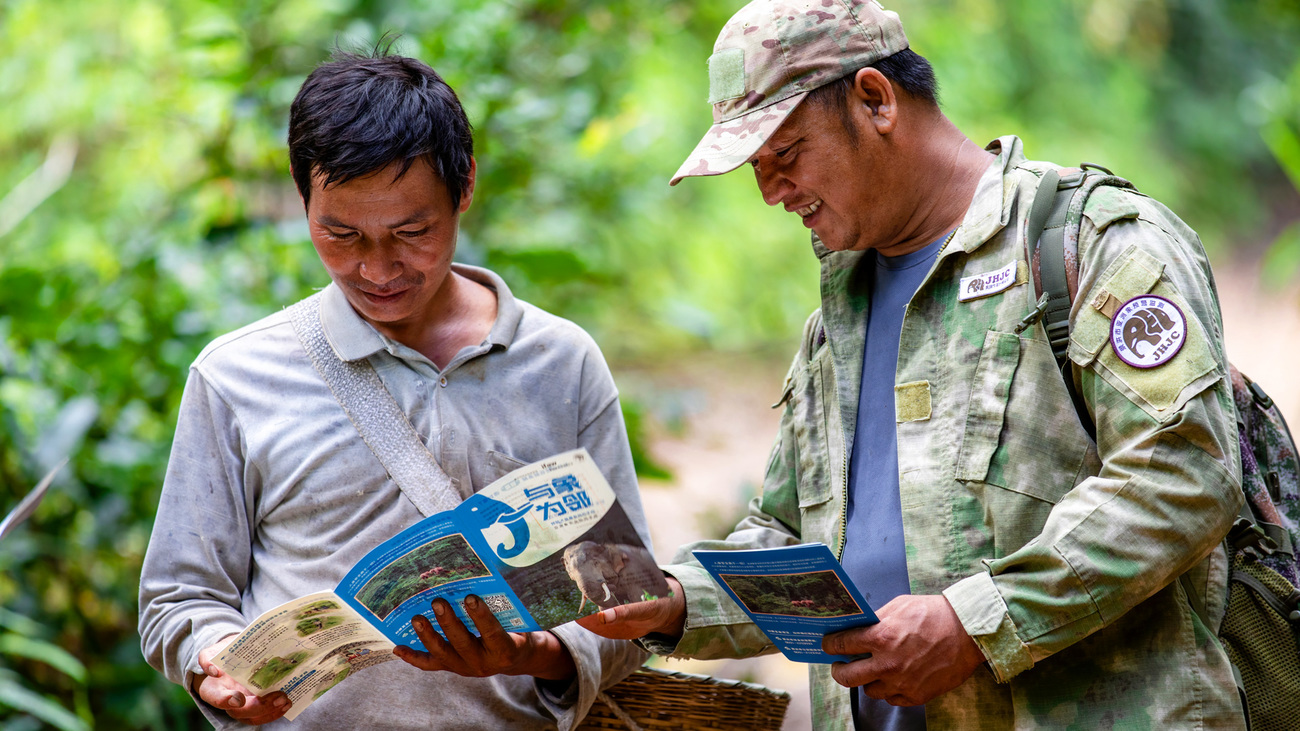
Socio-economic development is the progress of a community towards higher levels of efficiency, well-being, justice, and democracy.
Sustainable land-use practices are methods of agriculture and other land usage that are environmentally friendly and wildlife friendly in the long term and are regenerative. Examples include conservation tillage, cover cropping, and crop rotation, which can improve soil health, improve water filtration, and reduce erosion and degradation.
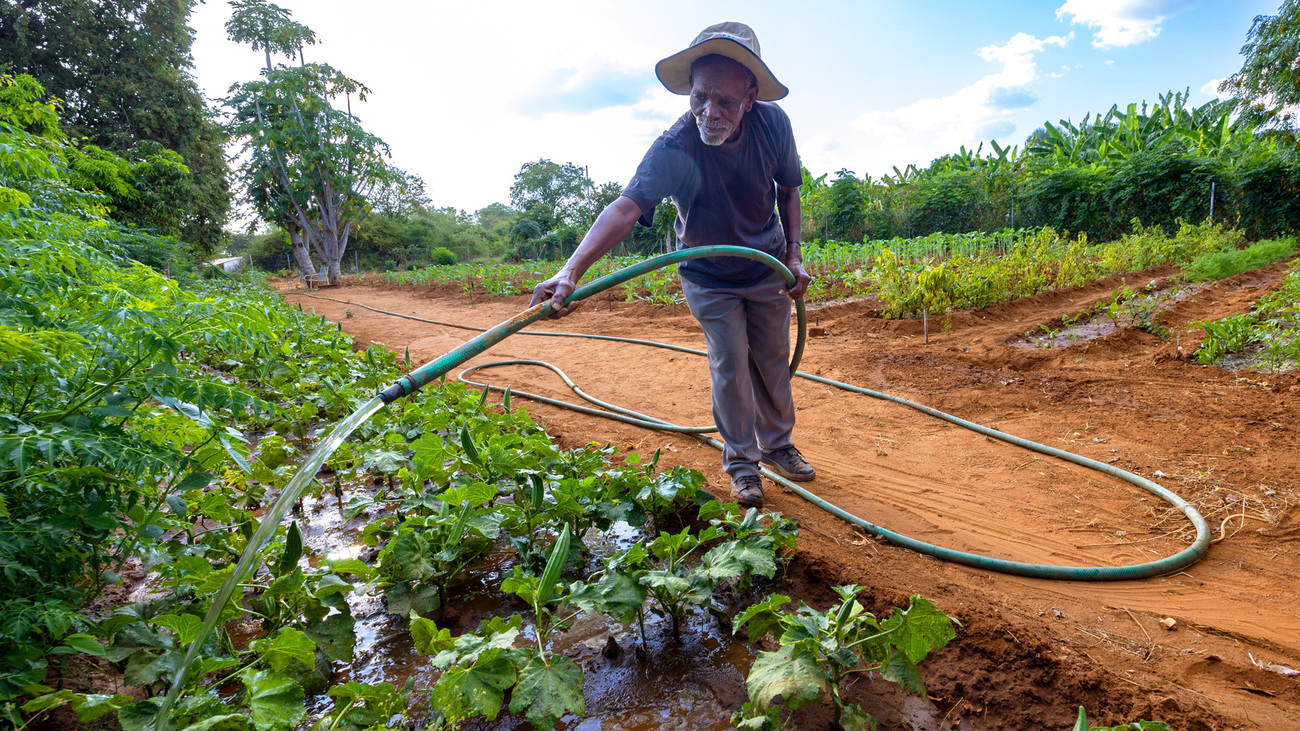
Sustainable livelihoods are those that are viable in the long-term both for the working individual and the environment. With the threat of climate change and biodiversity loss, it’s important that people’s livelihoods are wildlife-friendly and climate-resilient. Sustainable livelihood strategies involve strategising how one makes a living, spends their money, and preserves existing assets and income in a way that is sustainable.
Traditional leaders are those serving as leaders in their community who hold authority due to customary ideas like lineage and descent. Traditional leaders often serve Indigenous Peoples. IFAW works to amplify traditional leaders’ voices in conservation.
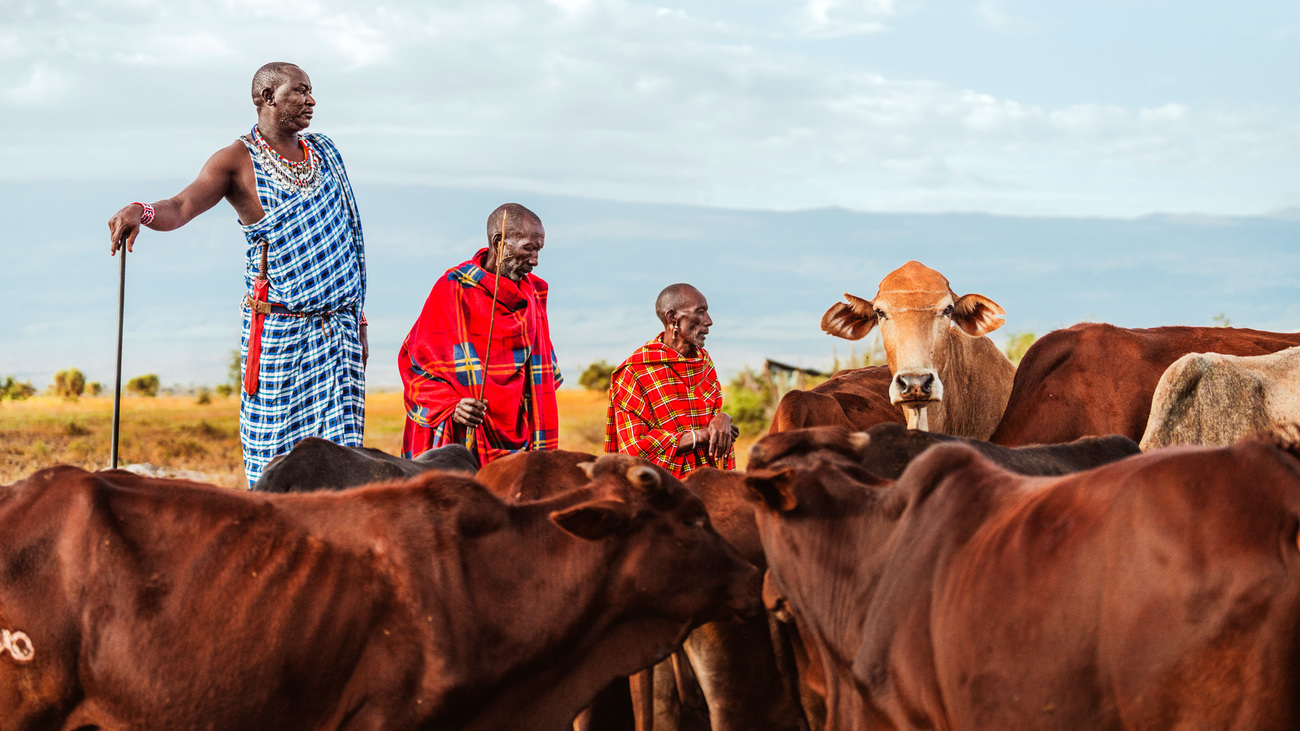
Every problem has a solution, every solution needs support.
The problems we face are urgent, complicated, and resistant to change. Real solutions demand creativity, hard work and involvement from people like you.
Unfortunately, the browser you use is outdated and does not allow you to display the site correctly. Please install any of the modern browsers, for example:
Google Chrome Firefox Safari